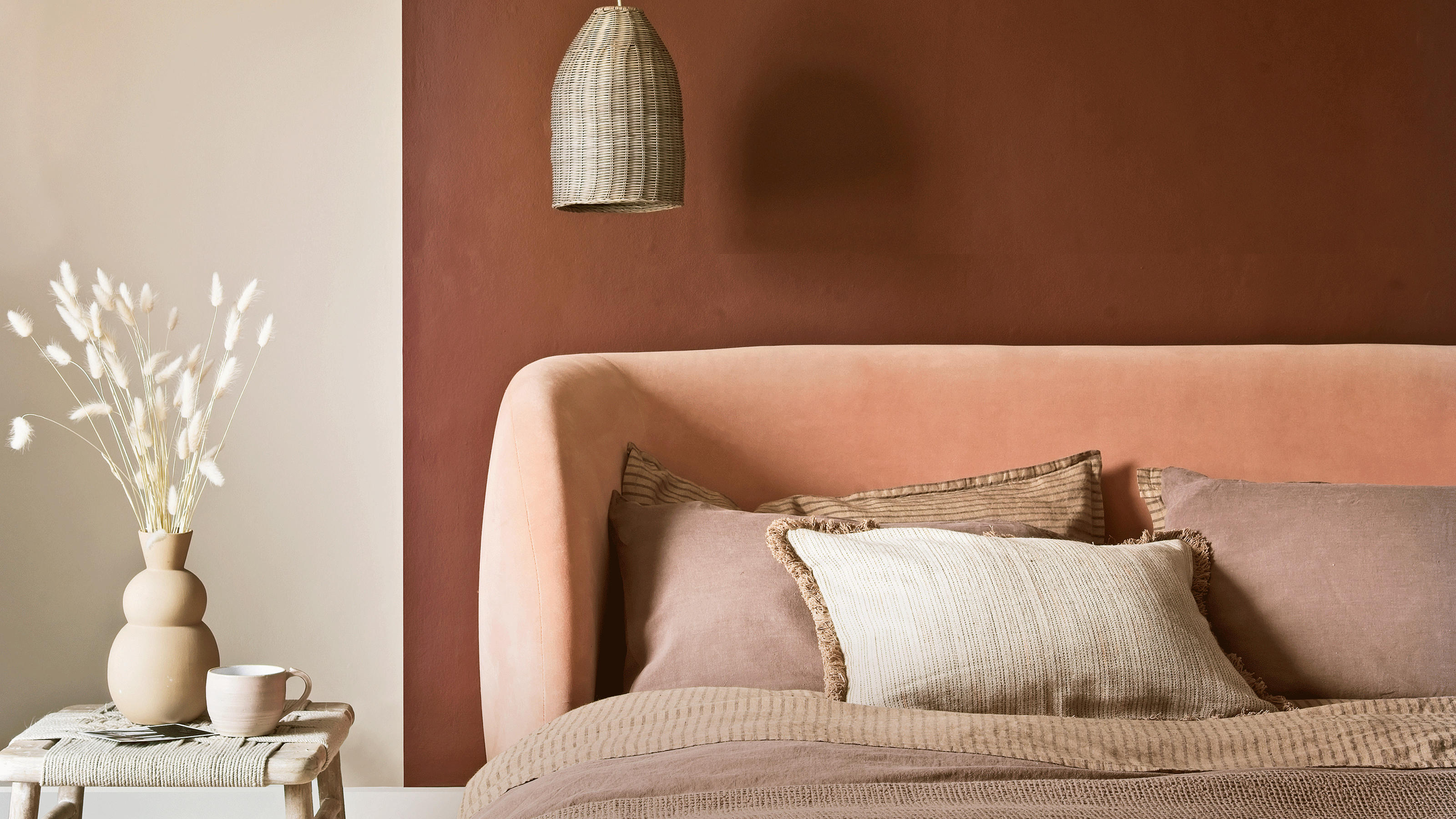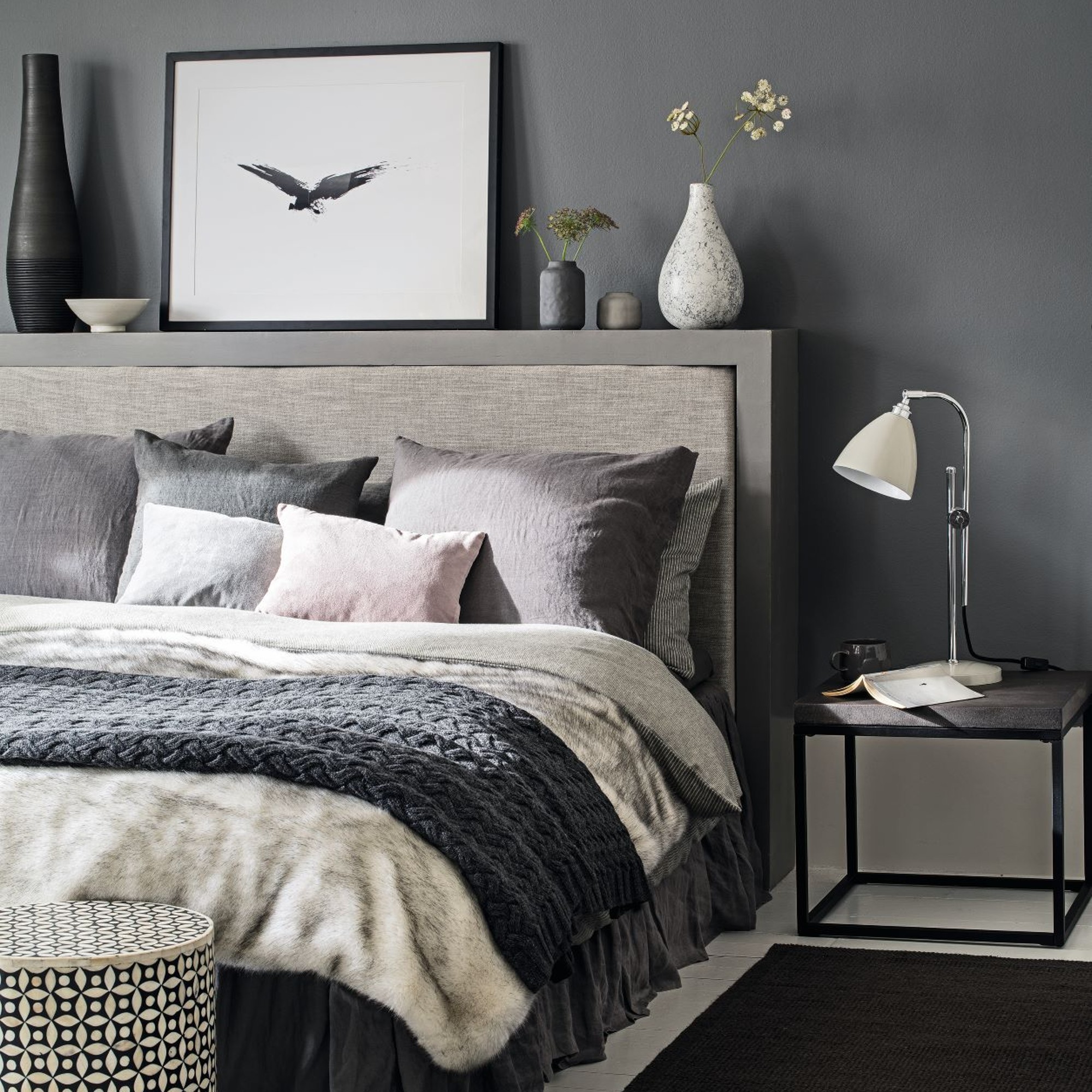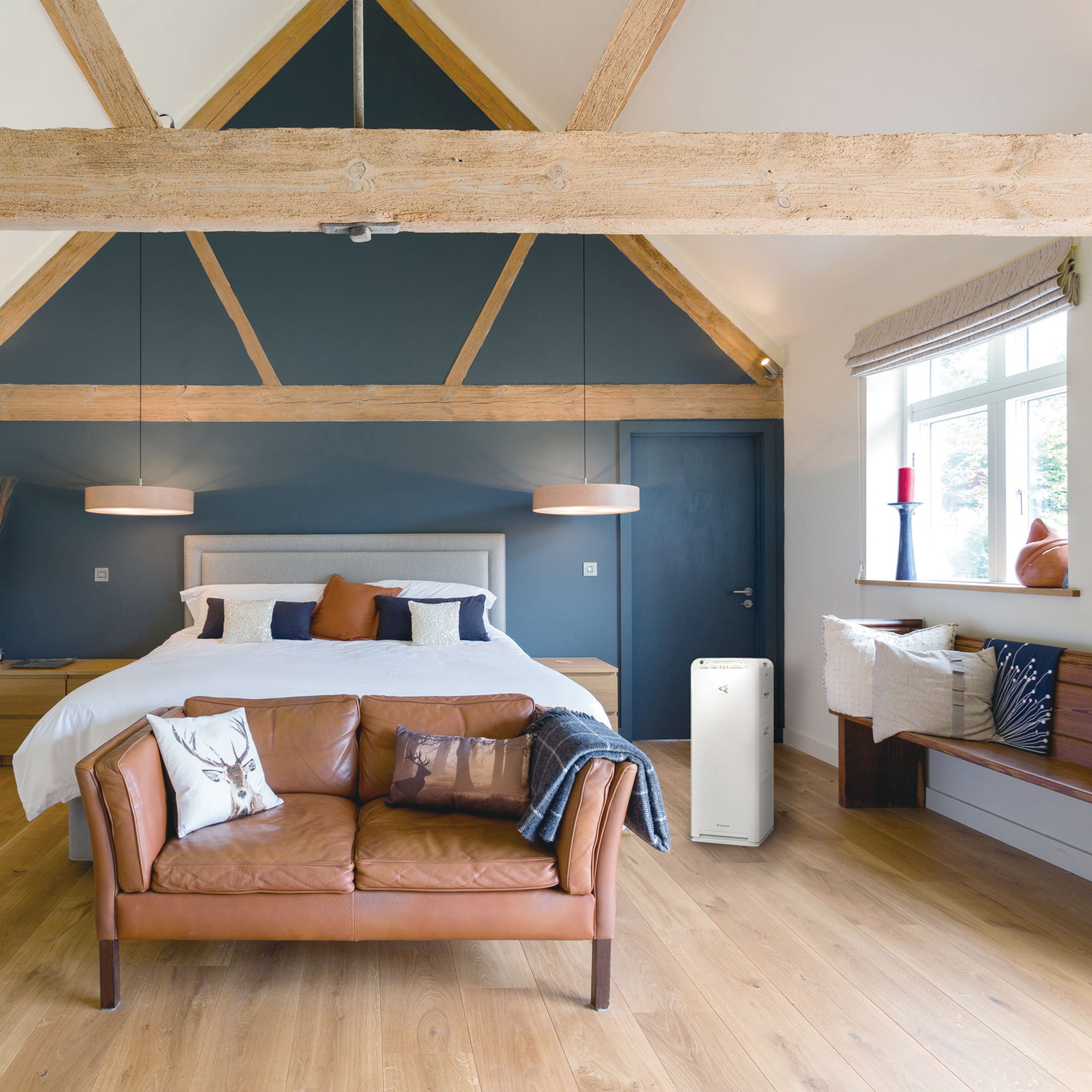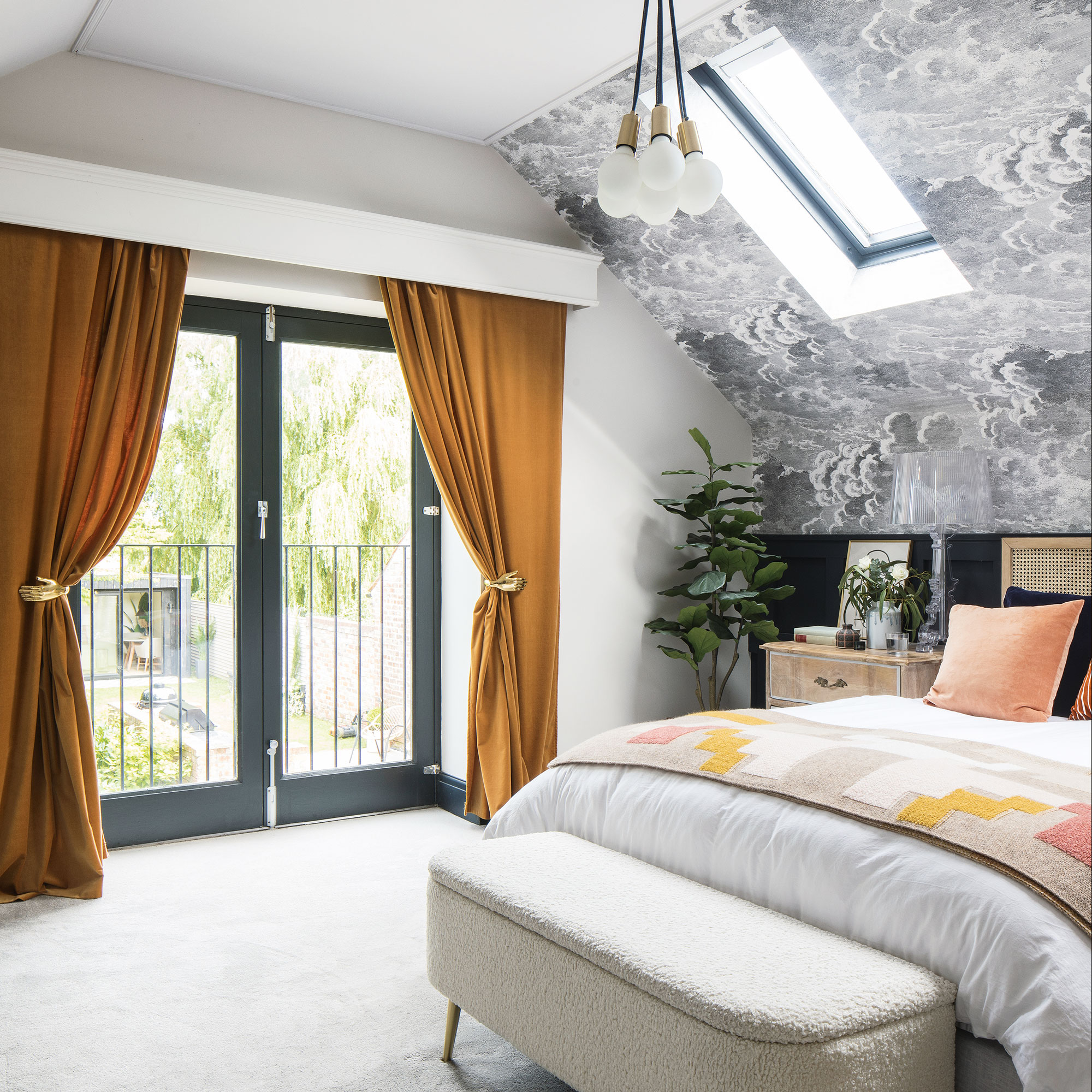Is a dehumidifier the solution to getting better sleep? The experts weigh in
Humidity levels play a bigger part in sleeping better than we thought...


New research has revealed the most popular products and practices to help us sleep better, and the one in the top spot has us surprised, to say the least.
Sleep is important to many of us, so it pays to be in the know about how we can best optimise it. SleepSeeker has released new research on the most popular ways to get the best night's sleep – and at the top of the list? Dehumidifiers. Honestly, this one came as a shock to us, so we asked experts to weigh in on it too.

Humidity and sleep quality
Even if you've followed bedroom design tips for better sleep to a tee, there's one factor that will always outweigh any decorative measures you can take – humidity levels. This is often one of the factors that impact our sleep.
Humidity levels in your bedroom may be a reason why you're struggling to sleep and can result in a number of negative impacts on your body like headaches, vomiting, or dizziness and can encourage the growth of mould and dust mites.
'According to the recommendations of the Environmental Protection Agency of the United States, it is healthy to keep indoor humidity between 30% and 50%,' advises Sammy Margo, sleep expert at Dreams.

Benefits of a dehumidifier while sleeping
'If the humidity levels in your bedroom are routinely above 60% and you have a snoring issue, a dehumidifier may be able to assist. Even if the machine does not reduce snoring, it will undoubtedly improve air quality in your room,' assures Hayley Thistleton, sleep expert at SleepSeeker.
If you're considering picking up a dehumidifier to improve your sleep, be wary that they can get pretty loud. Luckily, there are quieter models specially designed to not disturb your sleep, such as the Russel Hobbs RHDH1061 Portable Dehumidifier.
Sign up to our newsletter for style inspiration, real homes, project and garden advice and shopping know-how
Even then, the report by SleepSeeker also revealed that white noise ranked second on the list, so the soft whirring noise of a dehumidifier is a plus. 'It is said that having a constant low sound occupies the brain as you fall asleep. When you sleep with white noise, any interruption is less noticeable and may not interfere with your sleep at all,' explains Sammy Margo at Dreams.

There is, however, a flip side to this. Humidity levels may actually help you sleep better when you're sick. Thomas Høegh Reisenhus, sleep specialist and counsellor at TEMPUR recommends a humidifier instead, in this case.
'Having a humidifier on at night will reduce cold symptoms when they often feel the worst. A room with higher humidity levels will help to relieve cold symptoms during the night by adding moisture to your throat and nasal passages.'

Although there are arguments to support both sides, considering its popularity, perhaps we need to give it a go ourselves and we'll be just as convinced.

Jullia was Ideal Home’s Junior Writer from 2022-2024 and the Ideal Home Certified Expert in Training on Vacuums having spent over 60 hours testing different models. She’s always loved all things homes and interiors, graduating with a bachelor’s degree in Architectural Studies from the University of Nottingham where her love for writing blossomed following her internship at ArchDaily. Now focused on home tech and cleaning, Jullia works on writing features and explainers to help people make the most of their home appliance investments, putting the newest launches through their paces. When she isn’t writing, she loves exploring the city, coffee shop hopping, and losing hours to a cosy game or book.